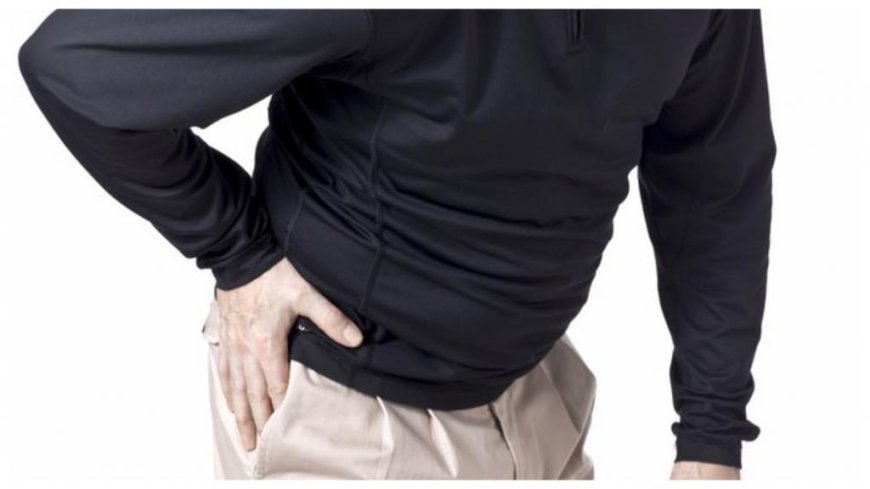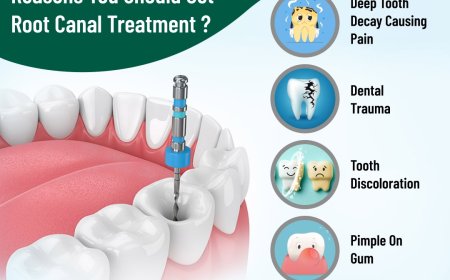Is Hip Pain While Walking a Sign of Something Serious?
Hip pain while walking may signal an underlying issue like arthritis, bursitis, or injury. Learn the causes and when to seek medical attention.

Hip pain is often caused by hip injuries or arthritis.Over-the-counter pain relievers are the most effective treatment for hip pain, however, if the pain persists or worsens, a different treatment may be required.A hip injury, such as a sprain, a strain, or a fracture, as well as chronic conditions, such asarthritis andosteoporosis, can cause pain when walking.
A physician is able to determine a person's diagnosis and treatment for hip pain based on their medical history and the location of the pain.
Most chronic pain conditions occur in older adults, but hip pain can occur at any age.
When Walking, What Can Cause Hip Pain?
The following factors may contributeto hippain when walking:
Osteoarthritis (OA)
Even though many people are not aware of it, osteoarthritis can lead to pain and stiffness in the hips, especially after exercise. As you age, your hips may also undergo similar changes. Joint cartilage, which absorbs shock, is damaged in osteoarthritis.
Rheumatoid arthritis (RA)
An inflammatory response occurs when the immune system attacks healthy tissues in the wrong way. Hip arthritis occurs when the capsule surrounding the hip joint becomes inflamed, which releases substances which damage the cartilage over a long period of time.
Tendinitis
Tendonitis is a condition that occurs when the thick bands of tissue found in the hip muscles become irritated.
Bursitis
When the bursa in your hip is inflamed, it can cause tenderness, particularly when you are walking. Between bones and soft tissues, bursae serve as cushioning sacs filled with fluid.
Muscle Or Tendon Strains
The best way to prevent and treat hip pain is to keep your hip muscles and tendons flexible throughstrengthening,stretching, and cross-training activities.
What Can I Do To Prevent Hip Pain?
Hip pain may not always be preventable.Especially if you have been injured in an accident that you were not expecting or if you have a problem with the natural shape of your hip joint.
In order to avoid hip pain, you should take certain precautions
-
Protect yourself with the appropriate equipment.
-
When your hip hurts after or during physical activity, avoid "playing through the pain".
-
Rest your body after intense exercise and allow it to recover.
-
Before participating in sports or exercising, you should stretch and warm up.
-
After physical activity, cool down and stretch.
In order to reduce the risk of injury, you should follow these general safety tips:
-
Keep your home and workplace clutter-free so that you and others are not tripped by unnecessary objects.
-
The use of a cane or walker is recommended if you are having difficulty walking or are at an increased risk of falling.
Diagnosis Of Exact Cause Behind Hip Pain
When hip flexor pain persists for longer than a couple of days, or if pain relief does not provide relief, you should consult a physician. If you have suffered an injury to the hip area, such as a fall or sports injury, you should inform your physician.
The diagnosis of hip pain can be achieved by a few tests, as well as a scan. A sports medicine specialist or an orthopedic surgeon may be referred to you, if necessary.
The following tests and scans can be used to diagnose hip pain:
Patrick Test And Impingement Test
The purpose of these physical exams is to determine the location of the problem by moving your leg around the hip joint.
X-ray
The purpose of these scans is to determine if the bone is fractured or damaged.
MRI Scan
A muscle, tendon, and ligament imaging scan determines if there was any injury or damage.
Ultrasound Scan
Your joints and tendons will be scanned during this procedure.
Treatment
A physician should be consulted if your hip pain does not improve with simple medications such as paracetamol and ibuprofen, gentle exercise, and rest. They may recommend the following treatments:
Medications
Drugs that cause non-steroidal inflammation (NSAIDs). NSAIDs like diclofenac, naproxen, or ibuprofen may be prescribed by your doctor.
Injections of steroids
Steroid injections can provide relief for hip pain caused by bursitis or inflammation. During the injection, a local anaesthetic is injected to numb the area, thereby reducing the pain.Treatments affecting the trochanteric area of the hip are usually very effective with steroid injections.
Physiotherapy
By showing you a gentle range of motion exercises and activities tailored to your condition, a physiotherapist may be able to assist you in getting your hip moving again. By combining exercise, massage, and other therapeutic techniques, they can relieve your hip pain and enhance your hip function in the future.
Occupational therapy
When you suspect that your work or certain activities are causing your pain, a physical therapist may be able to assist you. Occupational therapists are healthcare professionals who specialize in teaching individuals how to regain their independence by modifying their routines. Also, they may be able to offer suggestions regarding how to reduce hip strain at home, at work, or while driving by using equipment or adaptations.
Your physician can advise you on how to modify your movements to prevent pain from returning or continuing. A worker's health department at your employer may also be able to provide assistance. Private occupational therapy services are also available.Despite the fact that the appointment will be scheduled more quickly, it will cost you more
Physical therapy or occupational therapy may be recommended to you by your hip pain doctor in Dallas or hospital consultant, or you may be able to refer yourself.
Surgery
Surgery is not necessary for everyone who suffers from hip pain. A hip fracture, however, almost always requires surgery to stabilize and stabilize the bone.
Summary
Even though hip pain is a common occurrence, you should not live with it. Hip pain can be caused by a wide variety of conditions. When you cannot relieve hip pain at home, particularly if the pain prevents you from participating in your favorite activities, you should talk to your healthcare provider. In order to provide you with pain relief as quickly as possible, your healthcare provider will diagnose the cause of your hip pain and recommend a treatment plan.












































